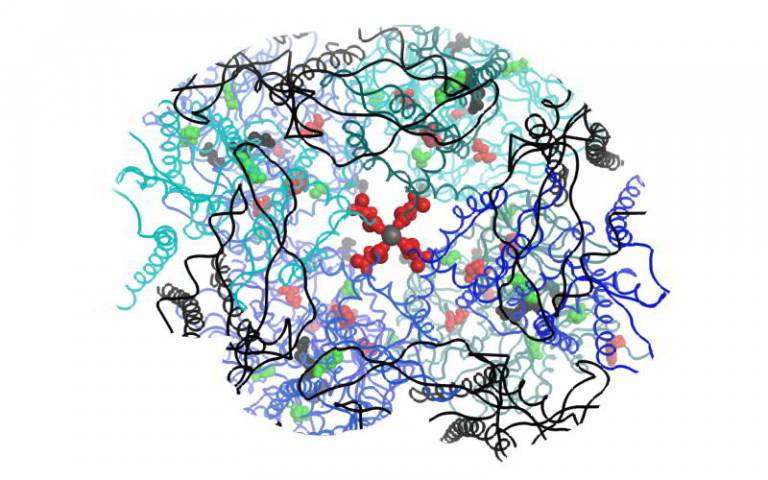Fragile X treatment licensed to Lenire Biosciences by UCL
23 June 2022
Fragile X syndrome (FXS) is the most common genetically linked cause of intellectual disabilities and autism

Fragile X syndrome (FXS) is a neurodevelopmental condition occurring due to a CGG trinucleotide expansion in the FMR1 gene. Polymorphisms and variants in large-conductance calcium-activated potassium channels are increasingly linked to intellectual disability and loss of FMR protein causes reduced large-conductance calcium-activated potassium channel activity leading to abnormalities in synapse function.
Using the endo-cannabinoid-like large-conductance calcium-activated potassium channel activator VSN16R, designed in our lab we rescued behavioural deficits such as repetitive behaviour, hippocampal dependent tests of daily living, hyperactivity and memory in a mouse model of fragile X syndrome (Study published in Brain 2021).
VSN16R was designed and synthesised in the Selwood lab at UCL by Cristina Visintin and Masahiro Takahiro and originally developed for Multiple Sclerosis. First studies in people with Fragile X are expected in 2023.
News articles
Publication
- 'Reversal of behavioural phenotype by the cannabinoid-like compound VSN16R in fragile X syndrome mice' Brain, Volume 145, Issue 1, January 2022, Pages 76–82, https://doi.org/10.1093/brain/awab246
Wolfson Institute for Biomedical Research Neurosciences (WIBR), Division of Medicine
 Close
Close

